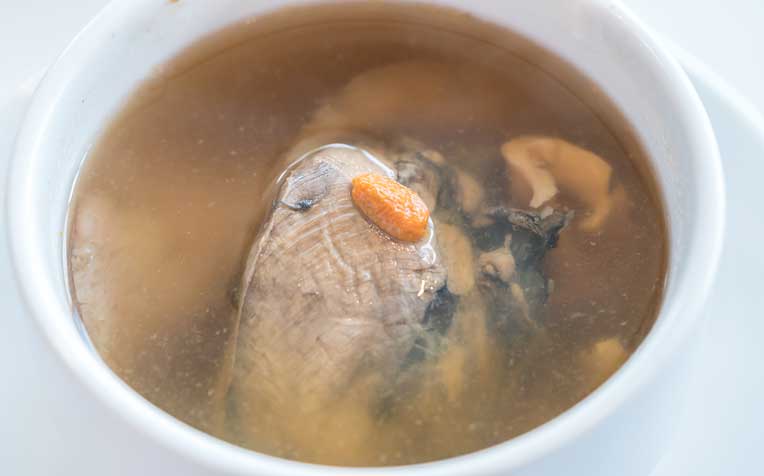HealthXchange will NEVER ask you to transfer money over a call. If in doubt, call the 24/7 ScamShield helpline at 1799, or visit the ScamShield website at www.scamshield.gov.sg.
Pregnancy and Traditional Asian Diets
1. Traditional Asian post-pregnancy practices include confinement period with special foods and tonics for recovery and lactation.
2. Cultural beliefs influence pregnancy diet choices, but some traditional practices may lack scientific basis.
3. Traditional diets often lack essential nutrients like calcium, folic acid, iron, zinc needed for healthy fetal development.

Traditional asian diets may be inadequate or harmful during a pregnancy.
Obtaining the right nutrients is key during pregnancy and after delivery
After delivery, the midwife asked the Chinese mother if she wanted to keep the baby’s placenta. The reason? Some Chinese mothers take the placenta home to eat during their “confinement”.
Traditional Asian diets may not be adequate or healthy for foetus development
While this practice – documented in Cultural Journeys, a book by SingHealth nurses – is among the more unusual, it is common for Asians to “confine” new mothers after a strength-sapping delivery. They stay home for as long as a month and are given tonics and other special foods believed to boost their recovery and increase lactation.
Both Malay and Chinese mothers take plenty of herbal concoctions during their confinement. Chicken features strongly in Asian cultures because it is believed to be especially nutritious. The Burmese eat roast chicken or chicken broth. Non-vegetarian Hindus and Indians also favour chicken, considering it a “hot” food good for recovery. They believe roasted garlic increases milk production.
Mothers-to-be are inundated with advice on what to eat and what to avoid. Pregnant Hindus cut down on milk and high-protein food to avoid an overly large baby and a difficult birth. Filipinos abstain from coffee and other “black” foods to have fair-skinned babies.
"But," said Madam Koay Saw Lan, Senior Manager, Food Services, Singapore General Hospital (SGH), a member of the SingHealth group, “Skin colour is genetic. No food can change the genetic make-up of the child.”
While such practices are rooted in the knowledge that good nutrition is important during and after pregnancy, traditional diets may be inadequate or even harmful. Indeed, said Mdm Koay, many pregnant mothers are found to be lacking in calcium, folic acid, iron and zinc – important nutrients for the healthy development of the foetus.
Ref: V10Contributed by
Related Articles
Conditions & Treatments
Public Events
Get the Health Buddy App
© 2025 SingHealth Group. All Rights Reserved.


















 Get it on Google Play
Get it on Google Play